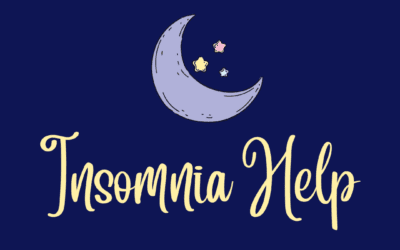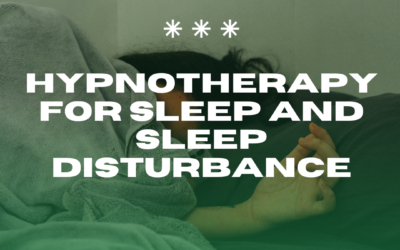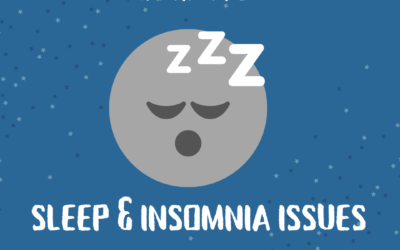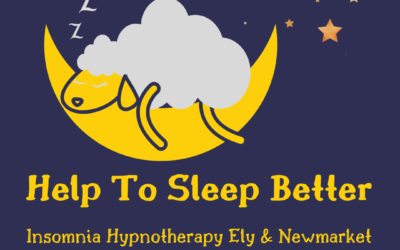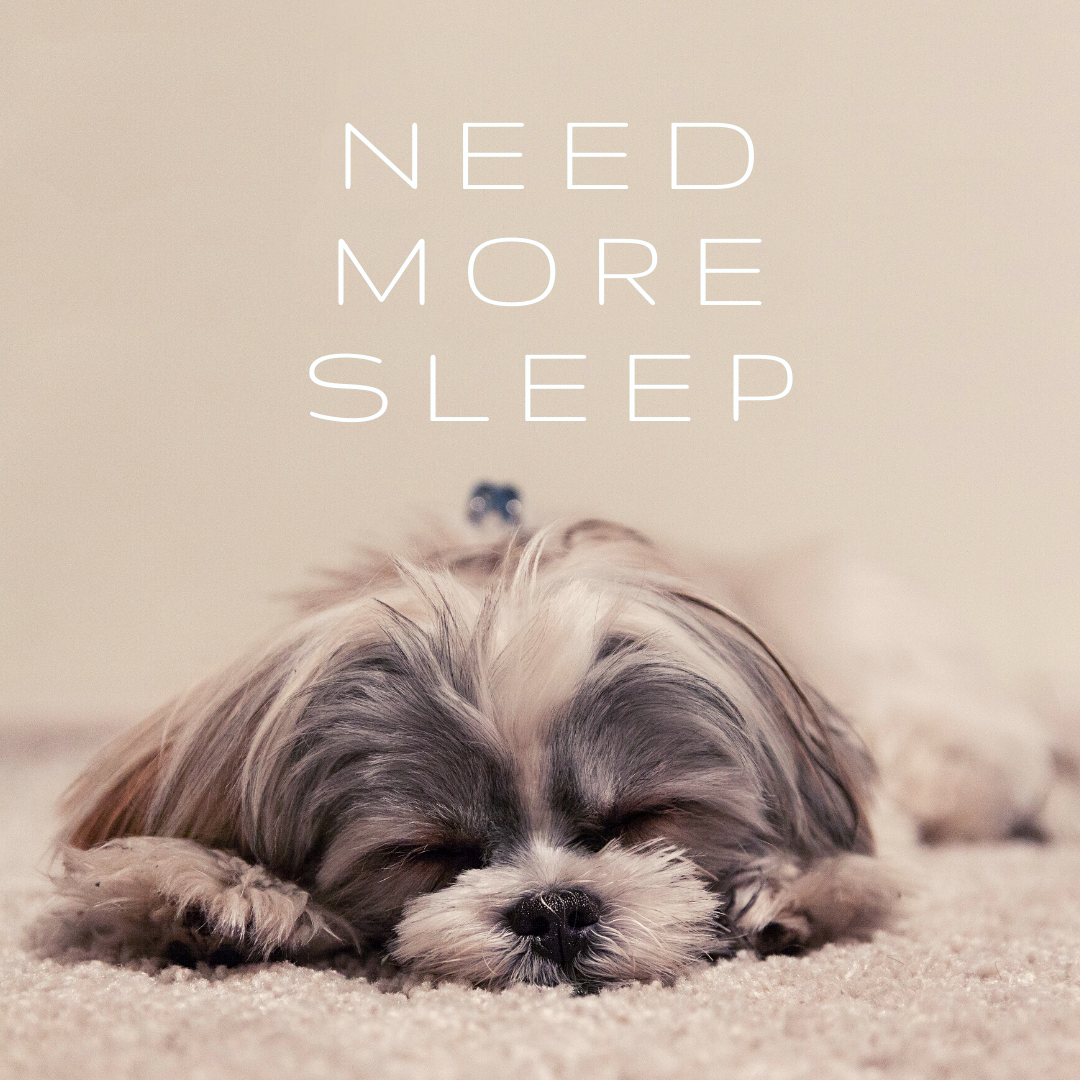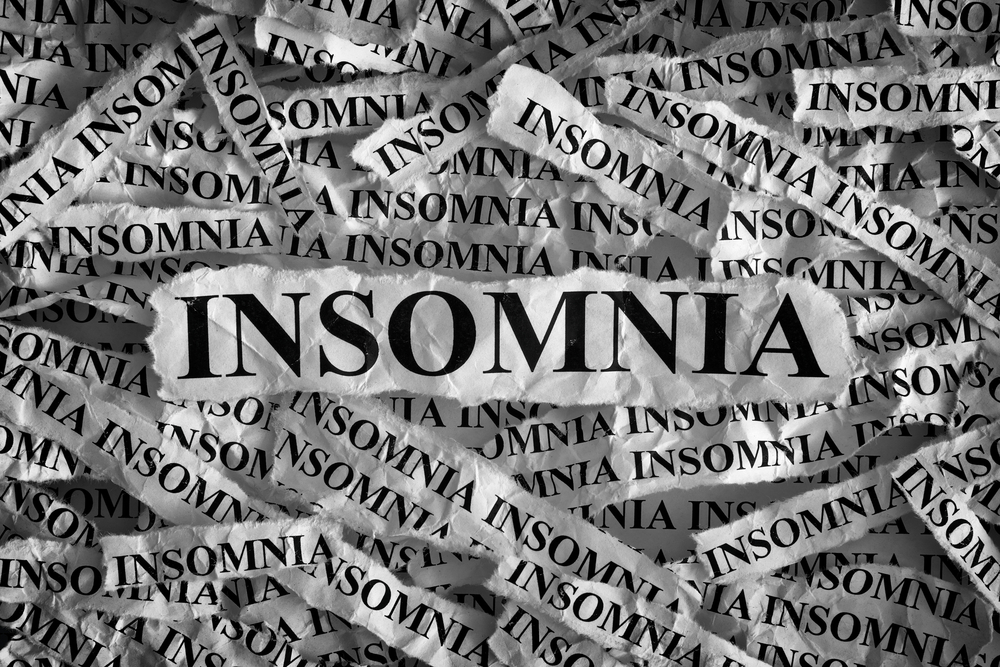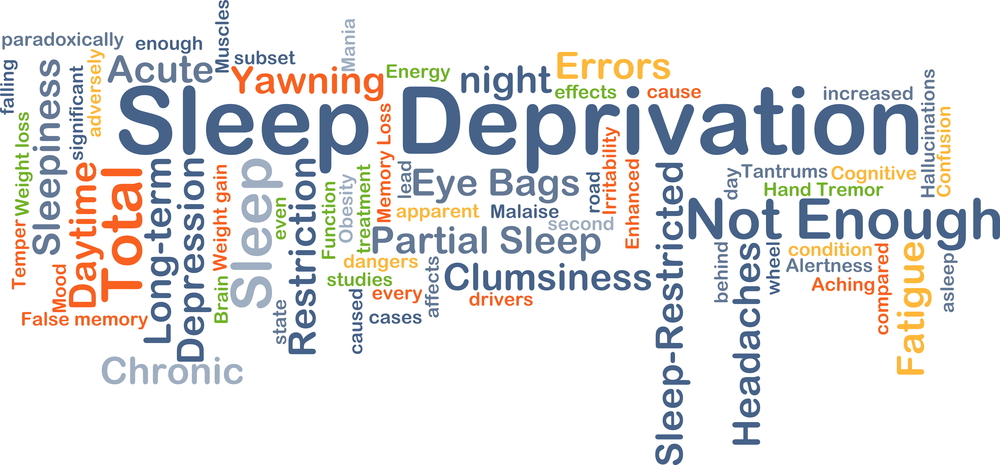Insomnia Help – Hypnotherapy To Sleep Better
Do you struggle with insomnia and need some help to start sleeping better again?
Sleep is so important for your physical and mental health and well-being. You already know this. And if your sleep isn’t that great, then it starts to impact upon each and every part of your life. You feel tired, drained and exhausted all day. You struggle with focus, concentration and motivation. And you feel more stressed, anxious and irritable as you drag yourself through another day of tiredness.
It maybe that you struggle to switch off and stop thinking so that you can get to sleep at night. And many people wake up in the night and find that their mind just gets going and starts buzzing away. You want to sleep, you know that you’ll be tired the next day if you don’t. You get more and more frustrated with your inability to sleep well. And like most patterns, it starts to become an unwelcome habit to lie awake at night for hour after hour with just your own thoughts for company.
You’ll have tried all sorts of things and sleeping aids already without success. You start to anticipate sleeping badly and may even feel anxious through the evening and about going to bed.
Sleep problems could be said to be reaching crisis levels. It’s estimated that one in every three adults struggles to get enough sleep. Insomnia leads to more stress, being less productive and increased health risks. You start to stress about sleep more and more and, in so doing, you inadvertently stop yourself naturally switching off and into sleep.
If you are battling with insomnia (or maybe you’ve just become resigned to it) and want to sleep better then hypnotherapy is a scientifically backed way to calm the mind and promote deep, natural sleep.

